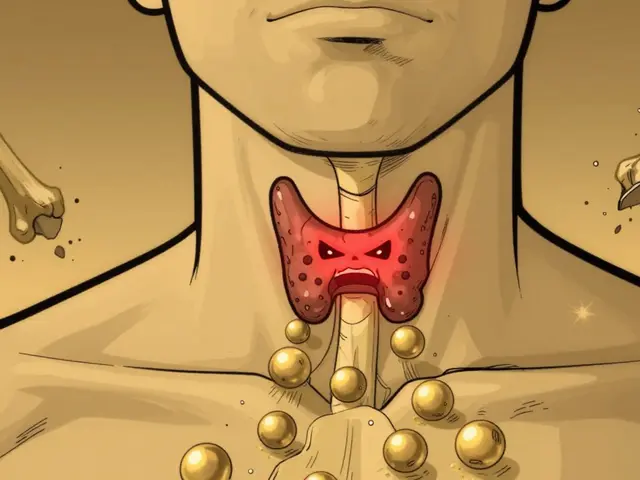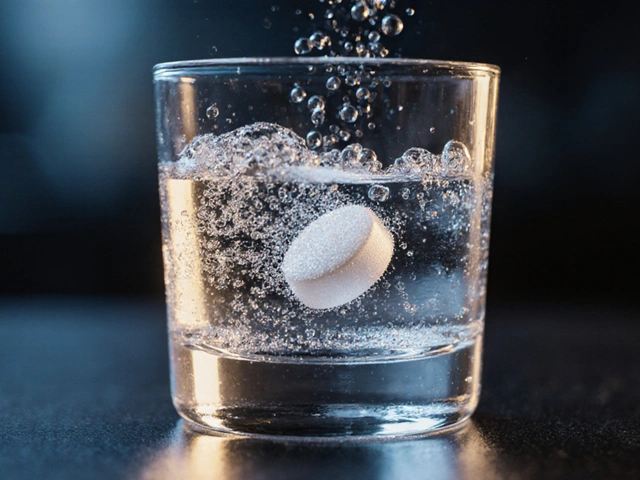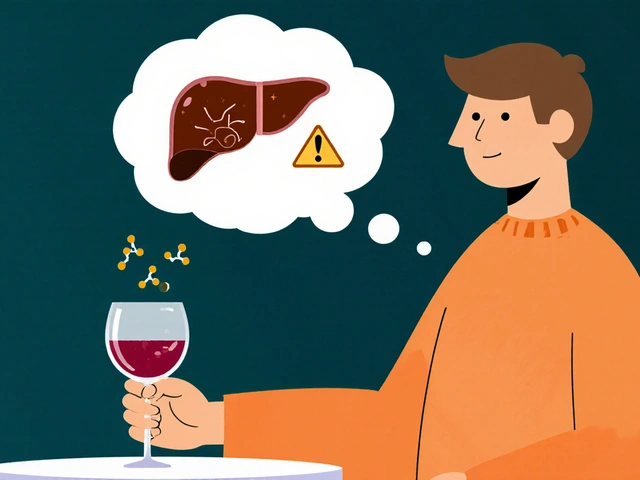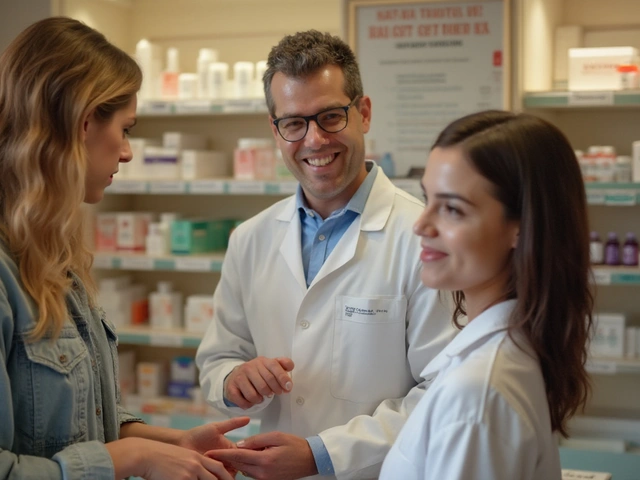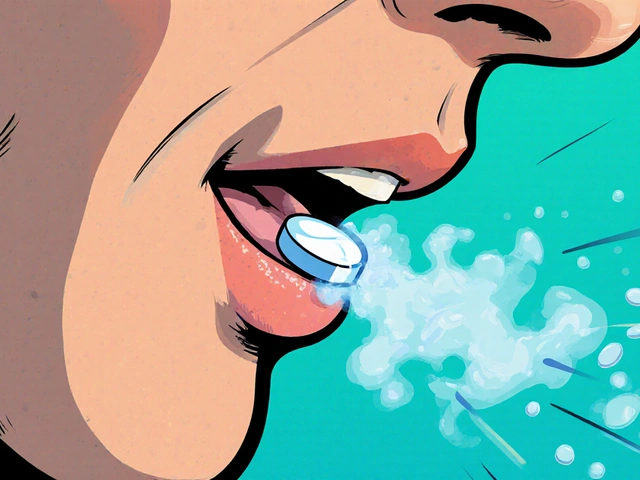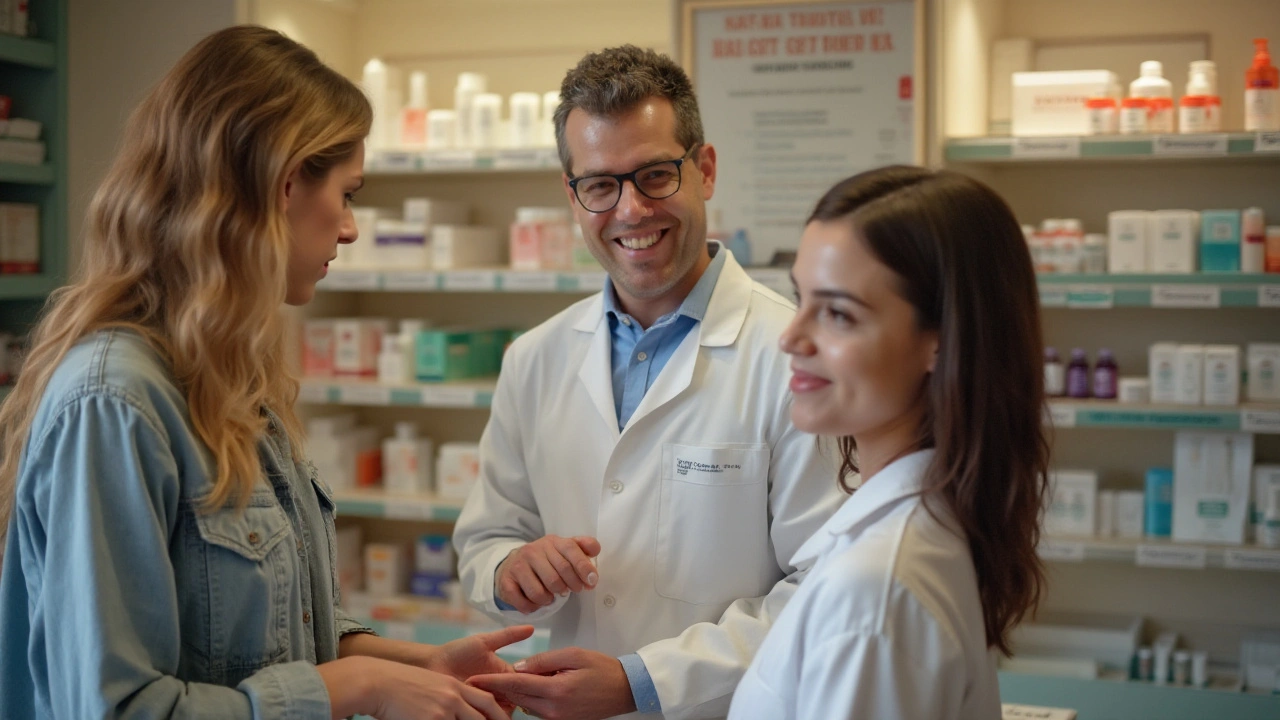Isotroin Alternatives – Safer Choices for Acne and Skin Care
If you’ve heard about Isotroin (isotretinoin) and wonder if there’s a gentler route, you’re not alone. Many people want strong acne results without the heavy side‑effects. This page pulls together the most useful options, from prescription swaps to natural remedies, so you can decide what fits your life.
Why Look for Alternatives?
Isotroin works by shrinking oil glands and speeding skin turnover, but it can bring dry skin, joint pain, and mood changes. Not everyone can tolerate those effects, and some countries restrict its use. That’s why doctors and DIY‑savvy users keep an eye on other treatments that still clear breakouts without the same risks.
Top Over‑the‑Counter and Prescription Swaps
Retinoid creams (adapalene, tretinoin) are the closest OTC cousins. They speed cell turnover like Isotroin but at a milder dose. Start with a pea‑size amount at night, and pair with a gentle cleanser to keep irritation low.
Oral antibiotics (doxycycline, minocycline) can calm inflammation and reduce bacteria. They’re useful for moderate acne and usually have fewer long‑term worries than Isotroin. Always finish the full course and watch for stomach upset.
Benzoyl peroxide remains a go‑to for quick spot treatment. It kills acne bacteria on contact and works well with retinoids. Look for 2.5‑5% formulas to avoid excessive dryness.
Hormonal options (oral contraceptives, spironolactone) help especially for adult women whose breakouts link to hormones. They balance oil production and often need a few months to show results.
For those who still want a powerful prescription but worry about Isotroin’s intensity, ask your dermatologist about low‑dose isotretinoin or alternative systemic retinoids. These give a similar effect with fewer side‑effects when monitored closely.
Natural Supplements and Lifestyle Hacks
Supplements won’t replace a prescription, but they can give your skin a boost. Zinc (30‑50 mg daily) reduces inflammation and oil production. Vitamin A from foods like carrots and sweet potatoes supports skin turnover, though you should avoid high‑dose pills if you’re on a retinoid.
Essential oils such as tea tree oil (diluted to 5%) act as a natural antiseptic. Apply with a cotton swab to a clean spot, and you’ll notice fewer new pimples.
Don’t underestimate the power of a good diet and sleep. Cutting back on sugar and dairy can lower flare‑ups for some people. Aim for 7‑8 hours of sleep; your skin repairs itself while you rest.
How to Choose the Right Alternative
Start with a clear picture of your acne severity. Mild breakouts often respond to OTC retinoids and benzoyl peroxide. Moderate acne may need a combination of oral antibiotics and topical treatments. For severe, cystic acne, discuss low‑dose isotretinoin or hormonal therapy with your doctor.
Check your medical history. If you have liver issues, avoid oral antibiotics that tax the liver. If you’re pregnant or planning pregnancy, steer clear of any retinoid, even low‑dose forms.
Finally, give any new routine at least 8‑12 weeks before judging its effectiveness. Skin turnover takes time, and patience prevents unnecessary switches.
Whether you lean toward a prescription swap or a natural supplement, there’s a path that fits your lifestyle and comfort level. Use the tips above to pick a safer, effective alternative to Isotroin and get clearer skin without the drama.
Top Isotroin Alternatives for Acne Treatment in 2024
Exploring various alternatives to Isotroin, this article delves into accessible and effective methods for tackling acne. From topical solutions like retinoids and antibiotics to innovative therapies like lasers and photodynamic treatments, readers will discover a range of options. The article also considers hormonal treatments for women, and azelaic acid, detailing pros, cons, and insights to help manage breakouts. Ideal for those seeking different and potentially milder ways to combat acne.

